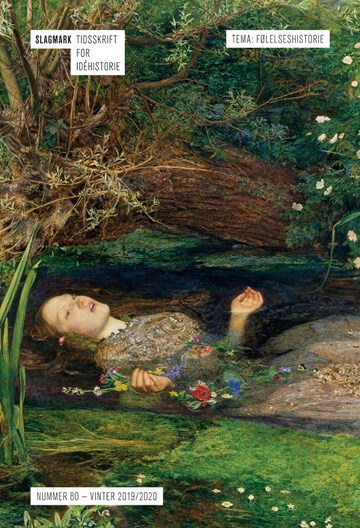Den grundtvigianske museumssag mellem følelse og fornuft
DOI:
https://doi.org/10.7146/slagmark.vi80.136330Nøgleord:
Museum, Grundtvigian, Nationalism, Museum Communication, Emotional CommunitiesResumé
The Grundtvigian Case for Museums
This article investigates the notion that museums are caught between two opposites when it comes to defining the institutions Raison d'être: either you entertain, or you enlighten. Using Barbara Rosenwein’s thoughts on emotional communities, this museological dichotomy between emotion and intellect is challenged by a certain ‘Grundtvigian position’ that was inspired by the philosophy of pastor poet N.F.S. Grundtvig. At the turning point of the 19th century this position resulted in numerus museums that made the radical statement: the dichotomy is false. A museum should speak to emotions and the intellect. As opposed to the rationalistic, archeological approach that the National Museum represented, the grundtvigians saw themselves as mediators of a living history that needed to be told under the pressure of modern techniques and customs.
Downloads
Publiceret
Citation/Eksport
Nummer
Sektion
Licens
Ophavsretten til artiklerne i Slagmark deles mellem forfatter og Forlaget Slagmark.
Artikler og tekstmateriale publiceret i Slagmark må citeres, downloades og videresendes for ikke-kommerciel brug, under forudsætning af normal akademisk reference til forfatter(e) samt tidsskrift, årgang, nummer og sider.
Brug og distribution af tekstmateriale både i form af papirkopier og elektroniske kopier, til undervisningsbrug på uddannelsesinstitutioner og intern brug er tilladt efter aftale med Copydan Tekst & Node. Brugen skal ske inden for aftalens rammer.
Artikler og tekster må kun genudgives med eksplicit tilladelse fra forfatter(e) og tidsskriftet med en anerkendelse af værkets første publicering i nærværende tidsskrift.





